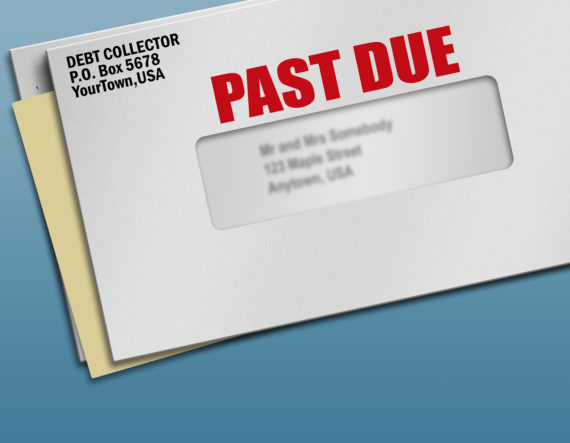
Ask an Expert: Should I Pay Off My Collections to Get Mortgage Ready?
The NFCC often receives readers questions asking us what they should do in their money situation. We pick some to share that others could be asking themselves and hope to help many in sharing these answers. If you have a question, please submit it on our Ask an Expert page here.
This week’s question: My husband and I are planning on purchasing a home in the near future. I have an opportunity to pay off all of my bills and rebuild my credit. I have some collections that are not paid. Would it be better to pay them completely off or let them stay there? I am not sure how mortgage lenders react to collections.
Improving your credit to the point where it helps you qualify for the best possible mortgage terms can often seem like a very big task, especially when there are unpaid debt collection accounts involved. Those accounts can have a significant impact on your overall credit health because the record they leave on your credit history indicates that you did not pay your creditor as agreed. Any amount of that balance that remains unpaid only worsens the negative impact on your credit. So, yes, you should pay off those collections and not let them sit on your credit reports, especially if you have the money to do so.
Sitting Collections
You never know what’s going to happen to collection accounts on your report. For one, they can stay there, and nothing would happen if you are lucky. But, that’s a big risk. Most likely, those creditors will take steps to collect from you, and they can even take you to court to demand payment. What if they sue you and win the lawsuit? In that case, a judgment will be entered against you in court, giving collectors the right to collect payment by whatever means are allowed by law. Depending on the debt collection laws in your state, they could garnish your wages, seize your bank accounts, or even have a sheriff come to your house and claim some of your property and valuables.
The Ages of Your Debts
Your debts have two important timelines, the statute of limitations and the time they stay on your credit reports. The statute of limitations of debt is the timeframe in which collectors can legally sue you to collect payment. If the statute of limitations in your state for credit card debt is three years and four have passed, it means the statute of limitation has expired, and the collector cannot sue you. However, the statute of limitations is different from the time that debts remain on your credit report. Debts remain on your credit for seven years from the day of the last missed payment.
If you pay your collections, they will appear as “paid” and remain in your report for whatever time is left of the seven years. Keep in mind that paying your debts in collections won’t necessarily show a drastic improvement on your credit at first. You still have all the negative payment history that led you to this situation bringing your score down. But, on the bright side, as time goes their negative influence lessens. Also, paying off collections reduced the overall debt owed on your credit reports, which reduces your utilization ratio and boosts your score. Your utilization ratio is how much you currently owe divided by your credit limit.
So again, yes, pay your collections. Start showing the lenders that although you made mistakes in the past, you are now repaying your debts and becoming a reliable borrower, ready to take on larger commitments like a mortgage. Generally speaking, paying off debts, making your payments on time, and keeping balances low can help you. The credit building process looks different for everyone because it depends on where you are right now. You can work with an NFCC Certified Financial Counselor to learn how to deal with your creditors and get a personalized strategy to build your credit to get mortgage-ready in the near future. Good luck!
The post Ask an Expert: Should I Pay Off My Collections to Get Mortgage Ready? appeared first on NFCC.
Read more: nfcc.org




